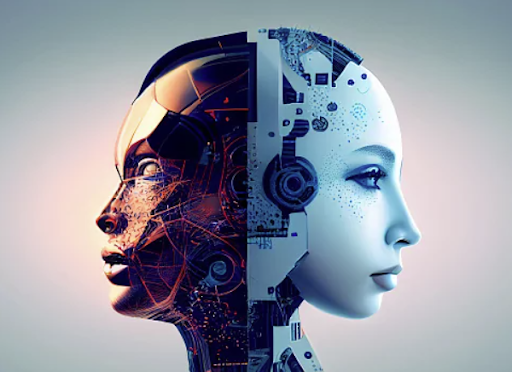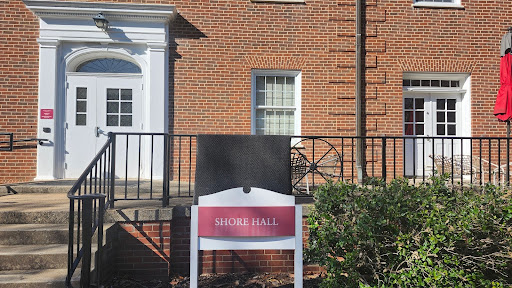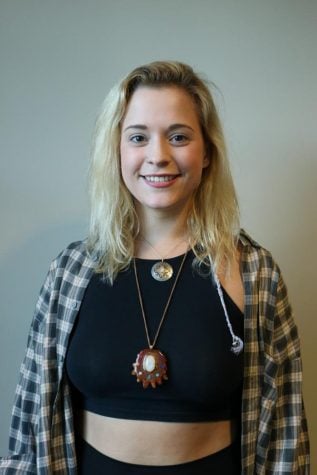Over 218,000 voters were denied the right to vote in the North Carolina primaries due to the state’s new voter ID laws.
These changes have restricted a number of people living in North Carolina from voting for their preferred candidate.
The outcome was that the Democratic winner was Hillary Clinton and the Republican winner was Donald Trump.
In order to vote, a citizen must provide an acceptable form of identification.
These forms include a North Carolina driver’s license, a North Carolina ID card administered by the DMV, a U.S. passport, a military or veterans ID, a tribal ID or an out-of-state driver’s license, as long as the voter registered within 90 days of the election.
A little over 17 percent of North Carolina’s 6.5 million registered voters partook in the 2016 primary election. Last year, less than 15 percent of North Carolina’s registered voters participated in the primary election.
Campus organizer for Democracy Matters and Quaker Leadership Scholar Kiernan Colby listed the initiatives that Democracy Matters have made on campus to combat these changes.
“We did voter awareness strides, we did a training on how to register people to vote, we registered people to vote for several weeks all across campus, we did rides to the polls, we did voter education training and we did information sessions on all the candidates,” said Colby.
Speculating on the purpose behind the alterations made to the law, Colby commented that they were designed to restrict the voice and vote of college students, people with low wages and people of color.
“In 2012, a very reactionary right wing general assembly was elected in North Carolina and started pushing all these really horrendous transphobic, classist and racist, oppressive laws on this state,” he said.
“They’re afraid of what will happen when people stand up and fight back against them, so one of the first things this general assembly has been sure to do is to do everything they can to legally dismantle the right to vote and make it as hard as possible for folks who will fight back against their right wing agenda to vote.”
Senior Kahlil Perine, a political science major and North Carolina resident, discussed the experience he had going to vote with a group of multiple students.
“I know everyone else didn’t have a problem voting, but it was me and someone else,” said Perine. “We got delayed, and they kept saying they had to call downtown to figure out if we can vote and, once again, that was a little distressing. We happened to be two people of color while everybody else could vote fine.”
Many students found the individuals working the polls to be wildly uncooperative and inconsistent in their treatment of young voters.
James Shields, director of the Bonner Scholars, commented that he thought the laws were put in place to suppress the people’s right to vote where the Legislature claimed that the strict changes were made to prevent voter fraud. Despite this, only two percent of the votes were proven to be fraudulent.
“The law’s in place, and, at this point, the only thing that we can do about it, short of having some ruling that it’s unconstitutional, is to jump through the hoops they put before us,” said Shields. “Folks before us — women in the early 1900’s, African Americans later on in the 40’s, 50’s and 60’s who tried to vote, a lot of them understood that they had these poll taxes and other things that were put forth.”
“Instead of not voting, they said, ‘Okay. I’ll jump through your hoop’ because they had to get those people out of office. The only way we’re going to do that is to go vote.”






